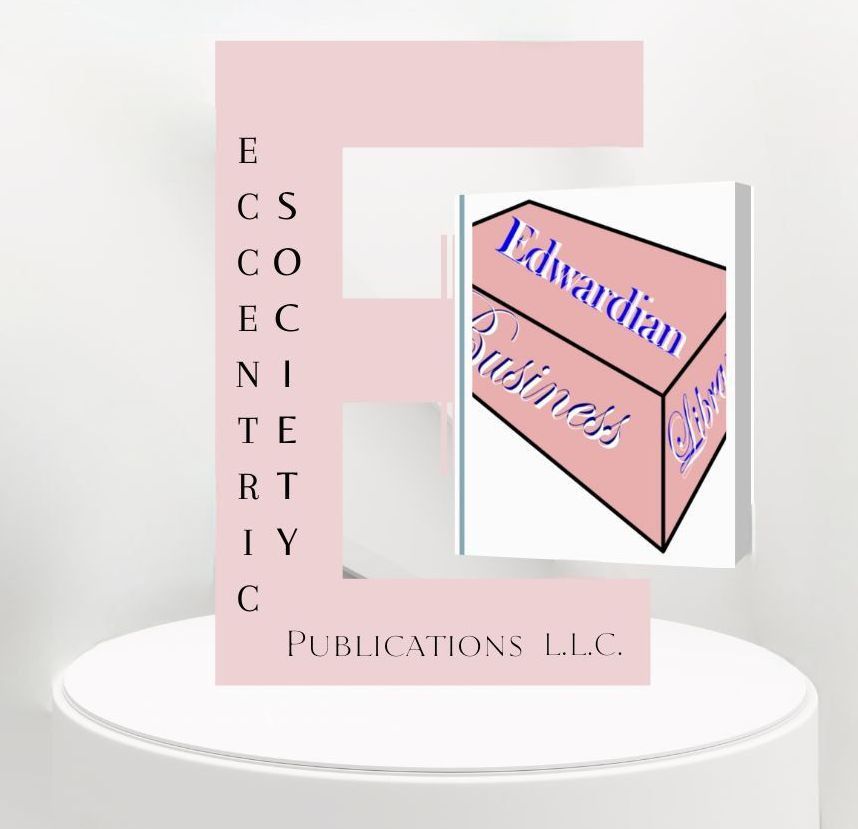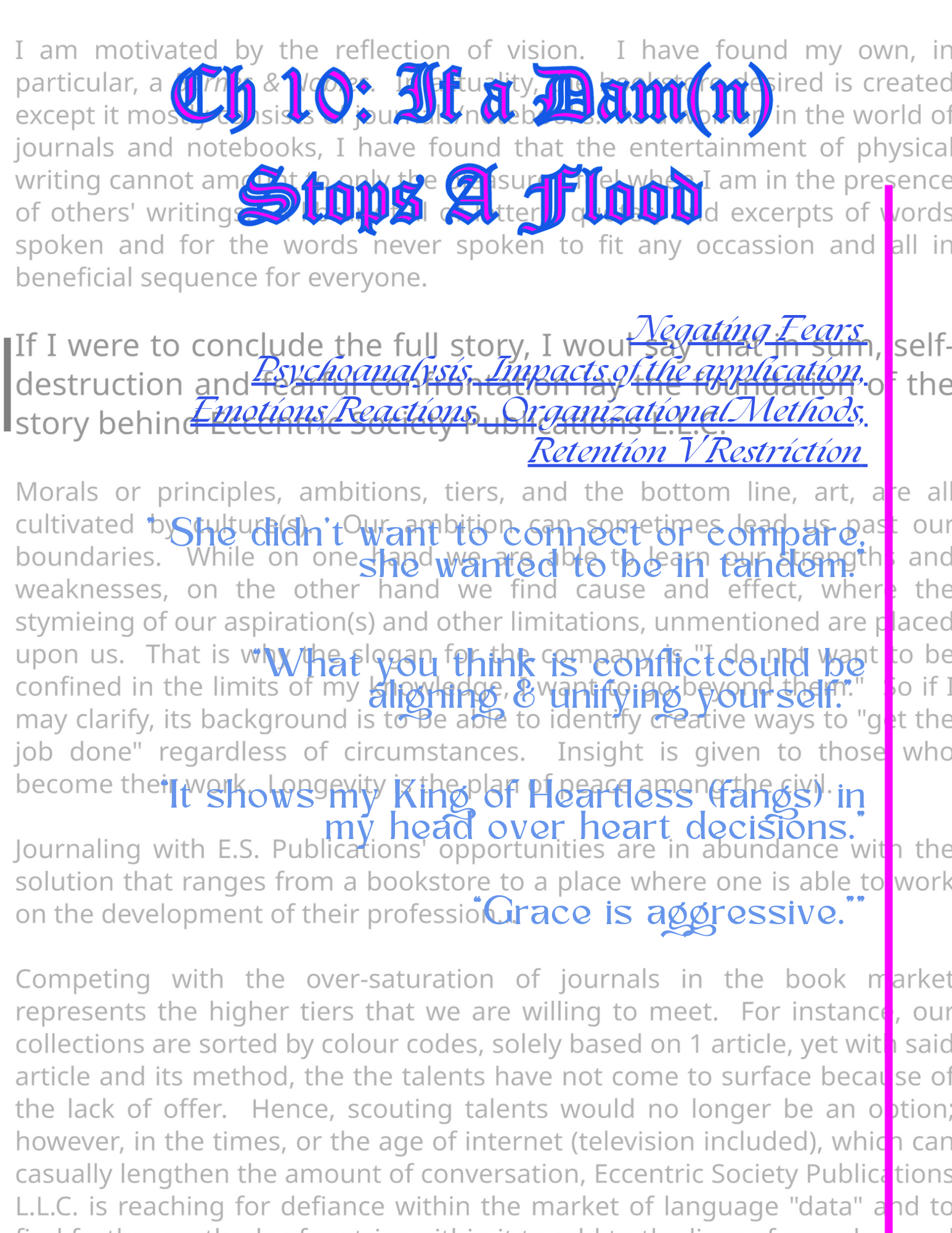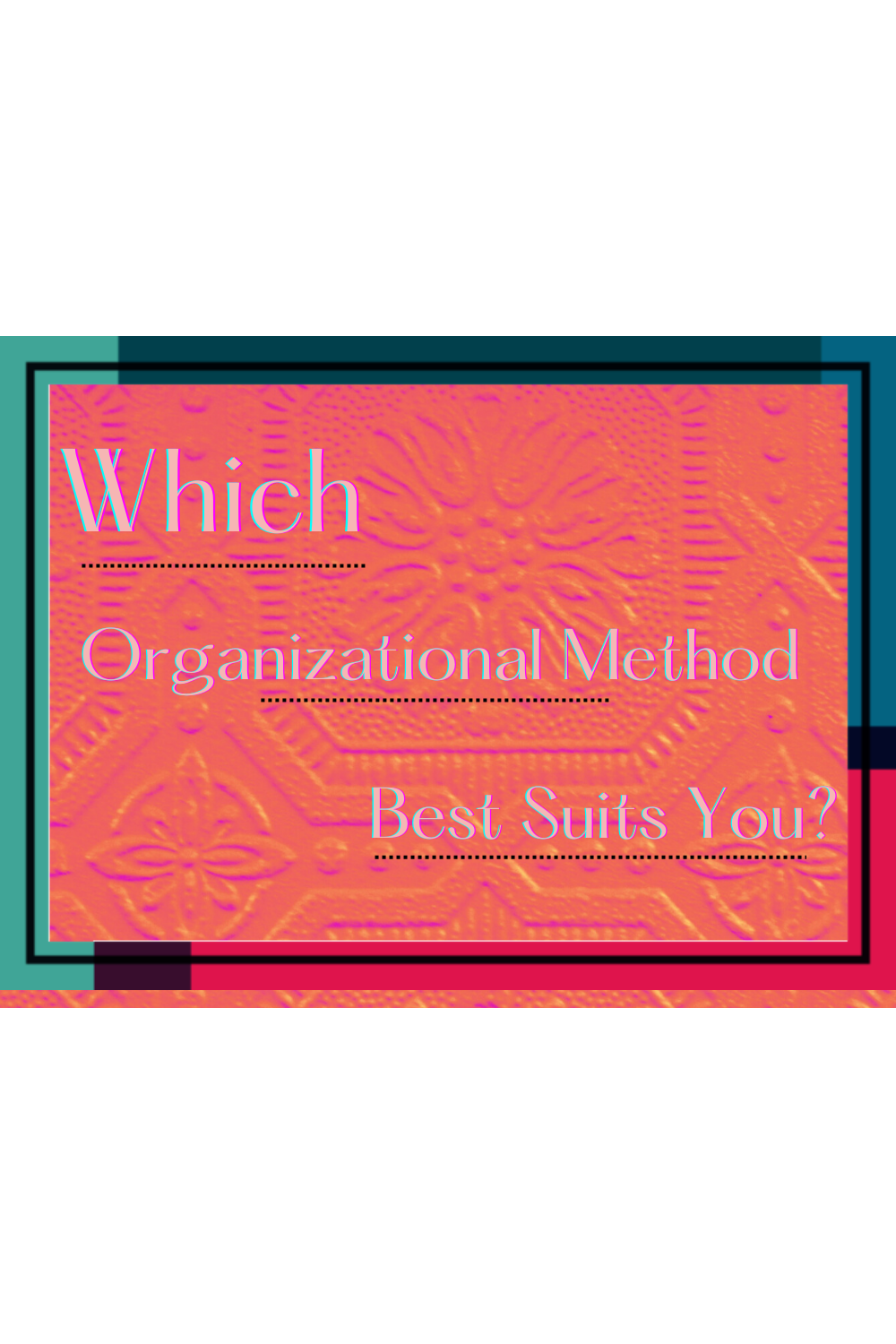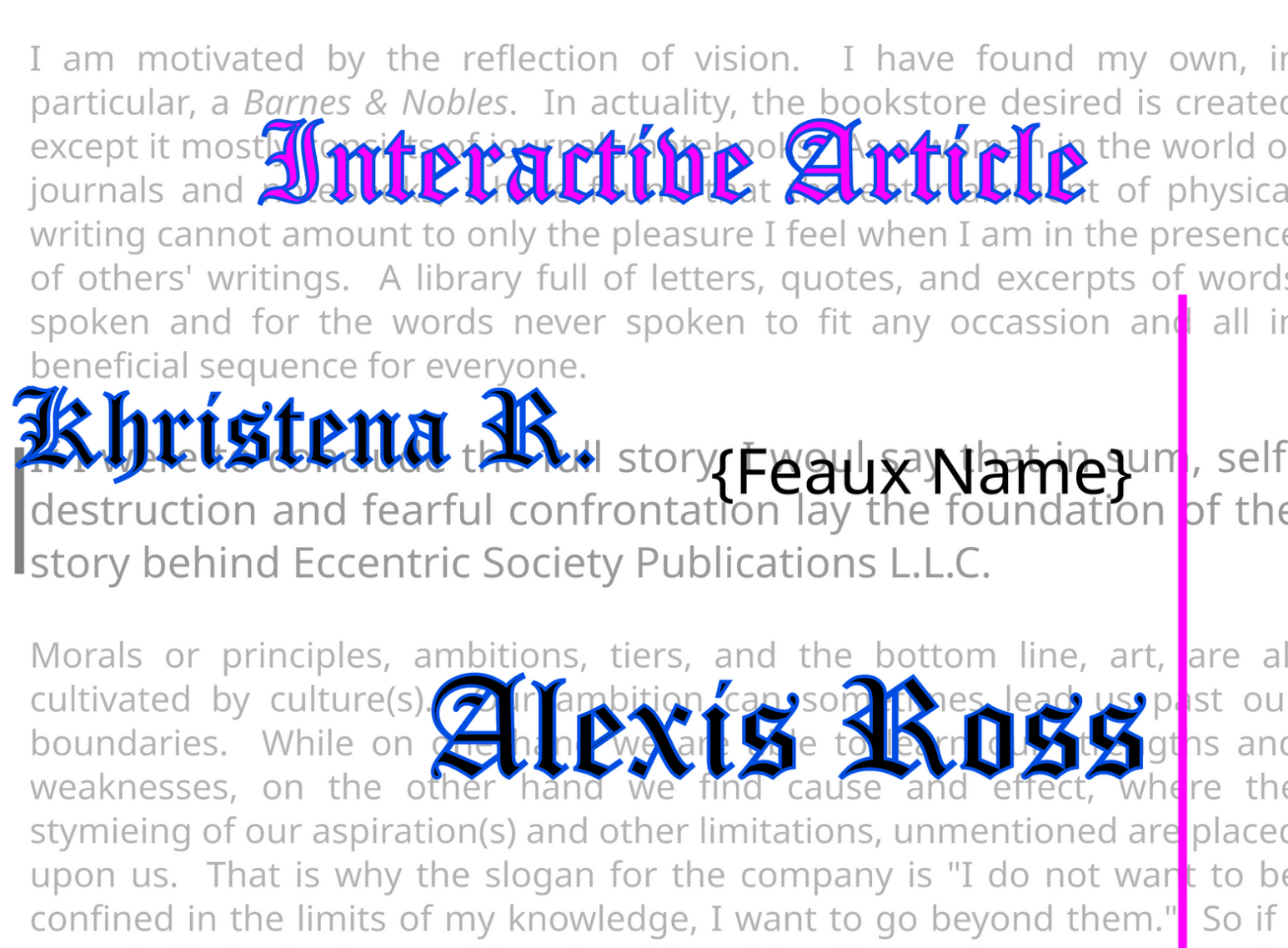California Residents
California Civil Code Section 1798.83, also known as the "Shine The Light" law permits our users who are California residents to request and obtain from us, once a year and free of charge, information about categories of personal information (if any) we disclosed to third parties for direct marketing purposes and the names and addresses of all third parties with which we shared personal information in the immediately preceding calendar year. If you are a California resident and would like to make such a request, please submit your request in writing to us using the contact information provided below.
If you are under 18 years of age, reside in California, and have a registered account with the Services, you have the right to request removal of unwanted data that you publicly post on the Services. To request removal of such data, please contact us using the contact information provided below and include the email address associated with your account and a statement that you reside in California. We will make sure the data is not publicly displayed on the Services, but please be aware that the data may not be completely or comprehensively removed from all our systems (e.g., backups, etc.).
CCPA Privacy Notice
This section applies only to California residents. Under the California Consumer Privacy Act (CCPA), you have the rights listed below.
The California Code of Regulations defines a "residents" as:
(1) every individual who is in the State of California for other than a temporary or transitory purpose and
(2) every individual who is domiciled in the State of California who is outside the State of California for a temporary or transitory purpose
All other individuals are defined as "non-residents."
If this definition of "resident" applies to you, we must adhere to certain rights and obligations regarding your personal information.
Your rights with respect to your personal data
Right to request deletion of the data — Request to delete
You can ask for the deletion of your personal information. If you ask us to delete your personal information, we will respect your request and delete your personal information, subject to certain exceptions provided by law, such as (but not limited to) the exercise by another consumer of his or her right to free speech, our compliance requirements resulting from a legal obligation, or any processing that may be required to protect against illegal activities.
Right to be informed — Request to know
Depending on the circumstances, you have a right to know:
- whether we collect and use your personal information;
- the categories of personal information that we collect;
- the purposes for which the collected personal information is used;
- whether we sell or share personal information to third parties;
- the categories of personal information that we sold, shared, or disclosed for a business purpose;
- the categories of third parties to whom the personal information was sold, shared, or disclosed for a business purpose;
- the business or commercial purpose for collecting, selling, or sharing personal information; and
- the specific pieces of personal information we collected about you.
In accordance with applicable law, we are not obligated to provide or delete consumer information that is de-identified in response to a consumer request or to re-identify individual data to verify a consumer request.
Right to Non-Discrimination for the Exercise of a Consumer’s Privacy Rights
We will not discriminate against you if you exercise your privacy rights.
Right to Limit Use and Disclosure of Sensitive Personal Information
We do not process consumer's sensitive personal information.
Verification process
Upon receiving your request, we will need to verify your identity to determine you are the same person about whom we have the information in our system. These verification efforts require us to ask you to provide information so that we can match it with information you have previously provided us. For instance, depending on the type of request you submit, we may ask you to provide certain information so that we can match the information you provide with the information we already have on file, or we may contact you through a communication method (e.g., phone or email) that you have previously provided to us. We may also use other verification methods as the circumstances dictate.
We will only use personal information provided in your request to verify your identity or authority to make the request. To the extent possible, we will avoid requesting additional information from you for the purposes of verification. However, if we cannot verify your identity from the information already maintained by us, we may request that you provide additional information for the purposes of verifying your identity and for security or fraud-prevention purposes. We will delete such additionally provided information as soon as we finish verifying you.
Other privacy rights
- You may object to the processing of your personal information.
- You may request correction of your personal data if it is incorrect or no longer relevant, or ask to restrict the processing of the information.
- You can designate an authorized agent to make a request under the CCPA on your behalf. We may deny a request from an authorized agent that does not submit proof that they have been validly authorized to act on your behalf in accordance with the CCPA.
- You may request to opt out from future selling or sharing of your personal information to third parties. Upon receiving an opt-out request, we will act upon the request as soon as feasibly possible, but no later than fifteen (15) days from the date of the request submission.
To exercise these rights, you can contact us by submitting a data subject access request, by email at Hq@Edwardianbusinesslibrary.com, or by referring to the contact details at the bottom of this document. If you have a complaint about how we handle your data, we would like to hear from you.
Colorado Residents
This section applies only to Colorado residents. Under the Colorado Privacy Act (CPA), you have the rights listed below. However, these rights are not absolute, and in certain cases, we may decline your request as permitted by law.
- Right to be informed whether or not we are processing your personal data
- Right to access your personal data
- Right to correct inaccuracies in your personal data
- Right to request deletion of your personal data
- Right to obtain a copy of the personal data you previously shared with us
- Right to opt out of the processing of your personal data if it is used for targeted advertising, the sale of personal data, or profiling in furtherance of decisions that produce legal or similarly significant effects ("profiling")
To submit a request to exercise these rights described above, please email Hq@Edwardianbusinesslibrary.org or submit a data subject access request.
If we decline to take action regarding your request and you wish to appeal our decision, please email us at Hq@Edwardianbusinesslibrary.org. Within forty-five (45) days of receipt of an appeal, we will inform you in writing of any action taken or not taken in response to the appeal, including a written explanation of the reasons for the decisions.
Connecticut Residents
This section applies only to Connecticut residents. Under the Connecticut Data Privacy Act (CTDPA), you have the rights listed below. However, these rights are not absolute, and in certain cases, we may decline your request as permitted by law.
- Right to be informed whether or not we are processing your personal data
- Right to access your personal data
- Right to correct inaccuracies in your personal data
- Right to request deletion of your personal data
- Right to obtain a copy of the personal data you previously shared with us
- Right to opt out of the processing of your personal data if it is used for targeted advertising, the sale of personal data, or profiling in furtherance of decisions that produce legal or similarly significant effects ("profiling")
To submit a request to exercise
these
rights described above, please
email
Hq@Edwardianbusinesslibrary.org or
submit a
data subject access request.
If we decline to take action regarding your request and you wish to appeal our decision, please email us at Hq@Edwardianbusinesslibrary.org. Within sixty (60) days of receipt of an appeal, we will inform you in writing of any action taken or not taken in response to the appeal, including a written explanation of the reasons for the decisions.
Utah Residents
This section applies only to Utah residents. Under the Utah Consumer Privacy Act (UCPA), you have the rights listed below. However, these rights are not absolute, and in certain cases, we may decline your request as permitted by law.
- Right to be informed whether or not we are processing your personal data
- Right to access your personal data
- Right to request deletion of your personal data
- Right to obtain a copy of the personal data you previously shared with us
- Right to opt out of the processing of your personal data if it is used for targeted advertising or the sale of personal data
To submit a request to exercise these rights described above, please email Hq@Edwardianbusinesslibrary.org or submit a data subject access request.
Virginia Residents
Under the Virginia Consumer Data Protection Act (VCDPA):
"Consumer" means a natural person who is a resident of the Commonwealth acting only in an individual or household context. It does not include a natural person acting in a commercial or employment context.
"Personal data" means any information that is linked or reasonably linkable to an identified or identifiable natural person. "Personal data" does not include de-identified data or publicly available information.
"Sale of personal data" means the exchange of personal data for monetary consideration.
If this definition of "consumer" applies to you, we must adhere to certain rights and obligations regarding your personal data.
Your rights with respect to your personal data
- Right to be informed whether or not we are processing your personal data
- Right to access your personal data
- Right to correct inaccuracies in your personal data
- Right to request deletion of your personal data
- Right to obtain a copy of the personal data you previously shared with us
- Right to opt out of the processing of your personal data if it is used for targeted advertising, the sale of personal data, or profiling in furtherance of decisions that produce legal or similarly significant effects ("profiling")
Exercise your rights provided under the Virginia VCDPA
If you are using an authorized agent to exercise your rights, we may deny a request if the authorized agent does not submit proof that they have been validly authorized to act on your behalf.
Verification process
We may request that you provide additional information reasonably necessary to verify you and your consumer's request. If you submit the request through an authorized agent, we may need to collect additional information to verify your identity before processing your request.
Upon receiving your request, we will respond without undue delay, but in all cases, within forty-five (45) days of receipt. The response period may be extended once by forty-five (45) additional days when reasonably necessary. We will inform you of any such extension within the initial 45-day response period, together with the reason for the extension.
Right to appeal
If we decline to take action regarding your request, we will inform you of our decision and reasoning behind it. If you wish to appeal our decision, please email us at Hq@Edwardianbusinesslibrary.org. Within sixty (60) days of receipt of an appeal, we will inform you in writing of any action taken or not taken in response to the appeal, including a written explanation of the reasons for the decisions. If your appeal is denied, you may contact the Attorney General to submit a complaint.
14. DO WE MAKE UPDATES TO THIS NOTICE?
In Short: Yes, we will update this notice as necessary to stay compliant with relevant laws.
We may update this privacy notice from time to time. The updated version will be indicated by an updated "Revised" date and the updated version will be effective as soon as it is accessible. If we make material changes to this privacy notice, we may notify you either by prominently posting a notice of such changes or by directly sending you a notification. We encourage you to review this privacy notice frequently to be informed of how we are protecting your information.
15. HOW CAN YOU CONTACT US ABOUT THIS NOTICE?
If you have questions or comments about this notice, you may email us at Hq@edwardianbusinesslibrary.org or contact us by post at:
Eccentric Society Publications L.L.C.
P.O. Box 1261
McLoud, OK 74851
United States
16. HOW CAN YOU REVIEW, UPDATE, OR DELETE THE DATA WE COLLECT FROM YOU?
You have the right to request access to the personal information we collect from you, change that information, or delete it. To request to review, update, or delete your personal information, please fill out and submit a data subject access request.






